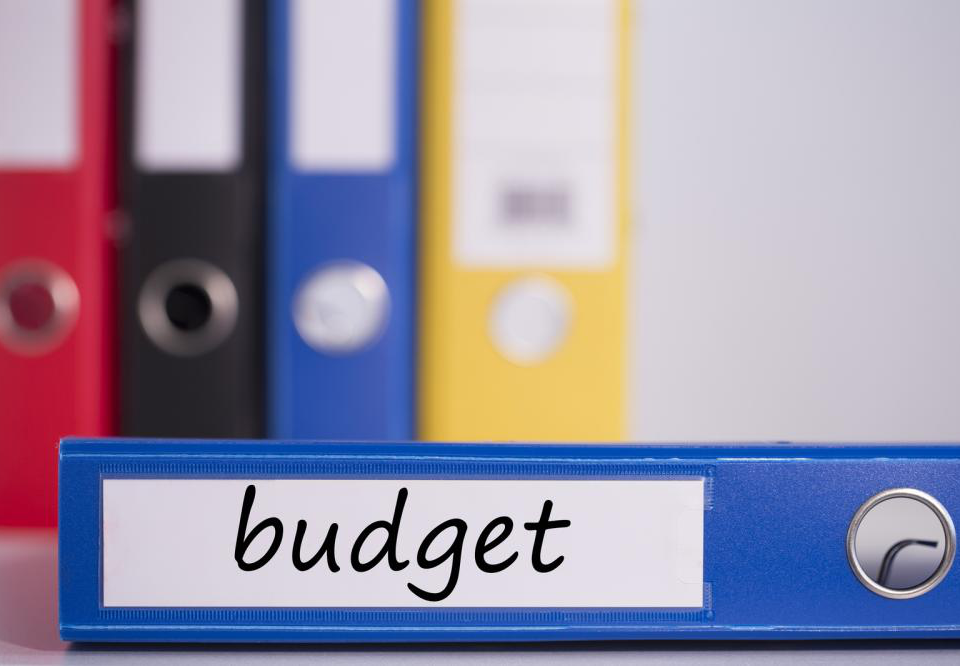Impact of New Lease Standards on Industry

Small Business Licenses That You Need to Know About
April 1, 2019
What You Should Do to Survive an IRS Audit
April 2, 2019The new lease accounting standard will have deep implications for the consumer industry.
This standard has been formulated to resolve issues concerning the way lease standards are being implemented by certain businesses. Some lessees have used operating lease as off-balance sheet finance. The new standard will come into effect on 1st January 2019 for public business organizations, while the date is 1st January 2020 for all other entities.
Two big changes will now be observed:
- Almost all leases extending more than a year will be shown on the balance sheet of the lessee. This also includes operating leases which were previously shown as expense items.
- Entities will now scrutinize service contracts to look out for embedded leases. These must be accounted for as leases. They cannot be considered services.
Automotive Industry
The new lease standard will have an impact on suppliers (both tier one and two) as well as original equipment manufacturers (OEMs). These two greatly rely on supply agreements that involve production sites.
Entities and lower tier vendors in the aftermarket sector will have to take a close look at their supply contracts. They must carefully consider how the new requirement affects accounting treatment of their contracts. Since their situations are not so clearly defined they will require increased accounting acumen to correctly evaluate the right treatment.
Consumer Products Businesses
Automobile, equipment and real estate leases will obviously be deeply affected. Other consumer product companies will also experience an impact.
There are certain arrangements that may come under the heading of leases under ASC 842. Here are a few instances:
Contract Manufacturing
A certain entity can acquire a substantially large amount of the output from the supplier’s dedicated production site. It can also set the conditions under which the product will be manufactured. Such manufacturing contracts will be regarded as leases.
Warehouse Outsource Services
A warehouse service provider could operate only one warehouse and an entity could be controlling 90 percent or more of the storage capacity. At the same time, this entity can decide conditions for item storage. Such arrangement will qualify as a lease rather than a service contract.
Delivery and Logistics Services
If a service provider from the delivery and logistics sector has vehicles or some other plant, property and equipment reserved for the entity’s use, then all such assets will be considered leased assets.
Distribution, Wholesale and Retail
Businesses in this sector will be strongly affected. Retailers will have to be extra cautious because they may have operating leases and perhaps embedded leases in service contracts. These should now be displayed on the balance sheet and not simply expensed.
These services should watch out for typical operating leases such as office equipment leases, vehicle leases, real estate leases for storage sites and distribution facilities. There could also be embedded leases on equipment property and plant subjected to service contracts.
Transportation
These businesses will see a big impact. Their balance sheets will now likely contain more items. The bottom line will be significantly affected.
Other Service Industries
Service industries may see a smaller impact because they do not rely so heavily on leased property, plant and equipment.
No matter which direction accounting standards take, we will continue to offer the easiest terms and conditions for leases: approval within 24 hours, up to $1,000,000+ in leases, up to 84 months to repay and much more.
For more information, contact KLB Business Funding right away:
3702 Pratt Avenue Bronx NY 10466
(347) 755-2257
info@klbbusinessfunding.com



